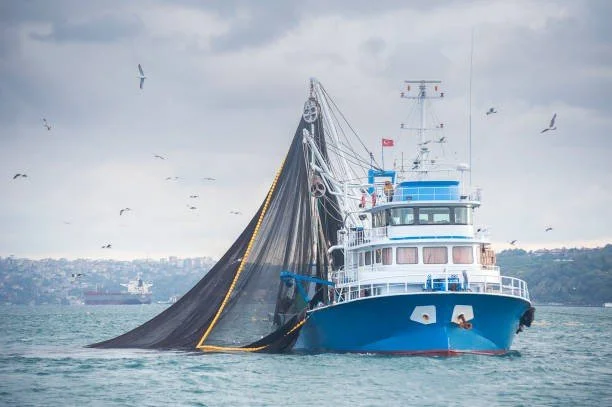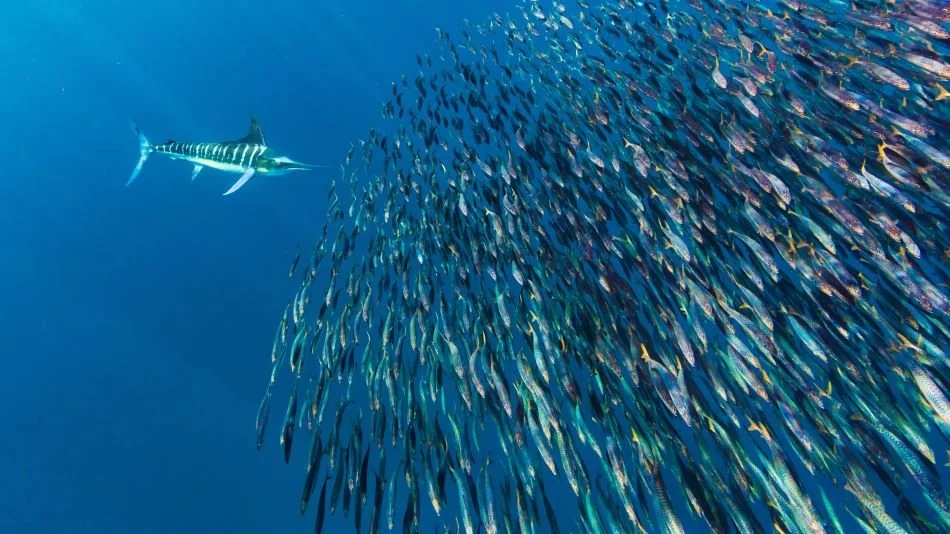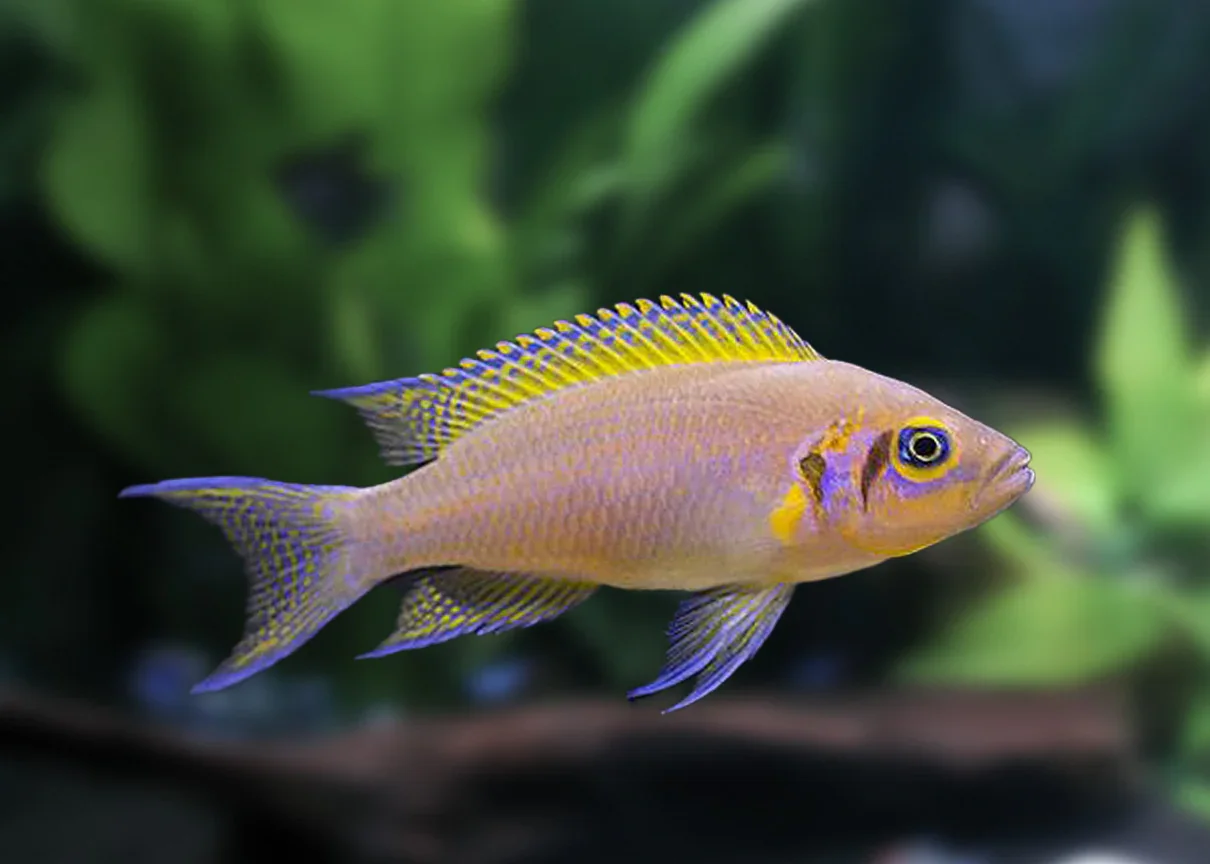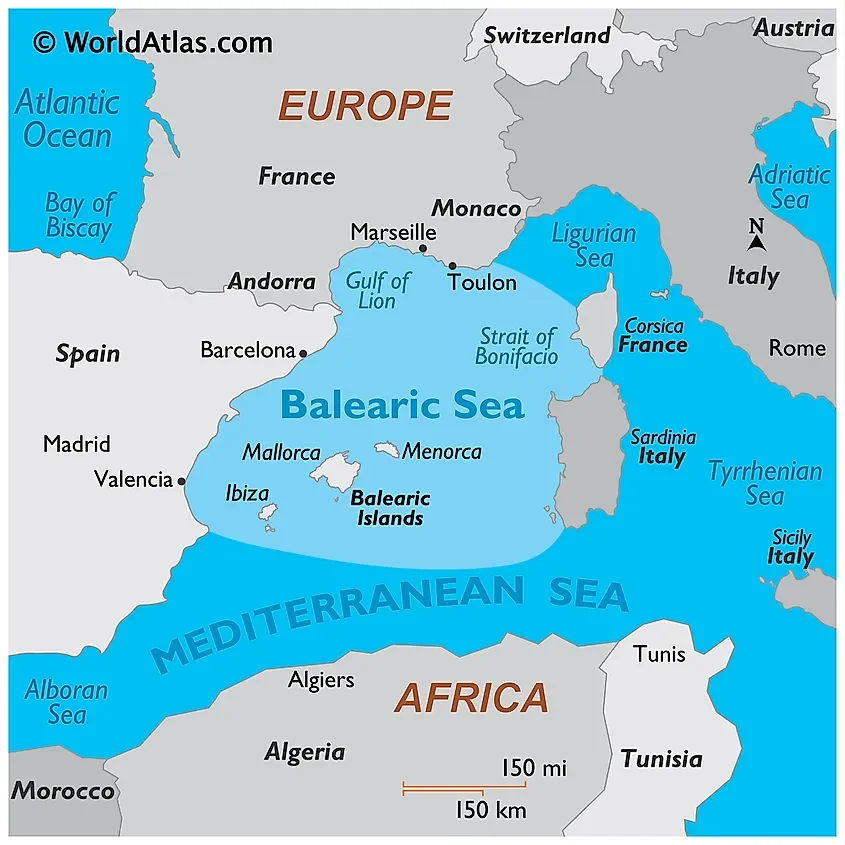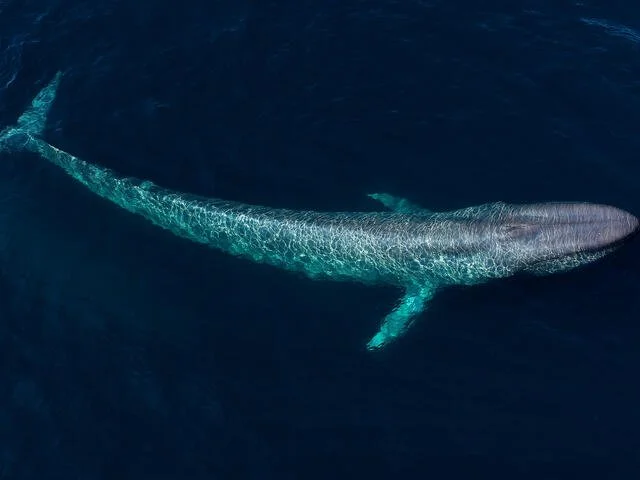Ocean Noise: Why Does It Matter?
By: Cato Stracke
Photo From: Ratson Shipbuilding
Our oceans have always been bustling with noise, but as human technology advances, noise pollution has become a global problem. Most people think of noise pollution in terms of noisy highways or construction zones, stories about concerts rupturing eardrums, and the rising epidemic of hearing loss in young people. However, scientists all over the globe are now turning their attention to how noise affects those underwater, and now, as their findings are becoming more widespread, it’s time to address the world’s loudest pollutant: ocean noise.
What is Ocean Noise?
Before we can learn about how ocean noise affects animals, we first have to know what it is. Ocean noise, or “noise pollution”, as defined by the National Oceanic and Atmospheric Administration, is the “sounds made by human activities that can interfere with or obscure the ability of marine animals to hear natural sounds in the ocean.” This can often be from things such as oil drilling, air guns, or ships, but any sound from human activities that disrupt marine animals qualifies as marine noise pollution.
Because marine life depends so much on sounds to guide them through life, these man-made sounds can have negative impacts not just on individual ocean animals, but on entire ecosystems. Animals like oyster toadfish rely on sound to attract mates, while whales use sound to map out their surroundings. Whether fish, mammal, or invertebrate, every living animal in the sea depends on sound to survive.
Photo from American Society of Mechanical Engineers (ASME)
How does Ocean Noise affect aquatic life?
Noise pollution affects every species differently. Animals have been recorded displaying various behaviors in response to noise pollution. By understanding how different types of animals react to human activity, we can better understand how to help. Today, we’ll be diving deep into 3 different examples of marine organisms that face negative reactions to man-made noise.
For our first example, we’ll turn to a 2011 study in which four scientists researched and documented the importance of the giant squid (Architeuthis dux), a member of the cephalopod family that lives deep below the surface of the ocean. In it, they detailed two instances of Giant Squid mass strandings connected to ocean noise. The first took place off the northern coast of Spain in 2001, with the second having taken place off the coast of Austria just two years later. When studied, scientists discovered that the Giant Squids they found stranded had suffered extensive damage to their bodies, including their statocysts. A statocyst is a small organ found in cephalopods that helps them orient themselves in the ocean. With damage to this organ, these animals would likely become confused, leading them to strand themselves in the first place. When looking for the cause, scientists discovered that both mass strandings happened shortly after ships in the area had been conducting geophysical surveys using compressed air-guns, sounding at up to 240 dB. For reference, a soundwave of 240 dB is enough to make a human head explode. These sound waves emitted by air guns are thought to have been the cause of these mass strandings. Not only is this detrimental to the Giant Squid population, but it also poses risks for their prey. Because Giant squids are apex predators, their absence would cause an uptick in the food they used to feed on, and it is likely their prey would exhaust their resources within a short time, causing a major rift in the food chain that could knock out entire ecosystems.
Photo from The Smithsonian
Alternatively, another study was done on the Lusitanian Toadfish (Halobatrachus didactylus), which are small, bottom-dwelling fish that only average to grow around 14 inches long. They can be found along the western coasts of both Europe and Africa. In this experiment, three researchers exposed 15 Lusitanian Toadfish to both ambient noise and ship noise while testing their hearing sensitivity. They found that, in their natural habitat, they can easily communicate with each other, which is an essential part of attracting mates. However, when in the presence of ship noise, the Toadfish couldn’t hear if another was communicating. This directly links noise pollution, specifically noise caused by ships, to the constraining of a Toadfish’s hearing threshold. This impacts the species, as if they are unable to communicate with each other; mating is highly unlikely. This causes the birth rate to decrease, and if continued for an extended period of time, could leave the species endangered and harm the ecosystems and food webs that involve them.
Photo from: Comandante Rocha Trindade
Another fish that has been studied in this regard is the Daffodil Cichlid (Neolamprologus pulcher). Daffodil Cichlids are endemic to the rocky coastlines of Lake Tanganyika, located in Africa. Two researchers from the University of Bristol observed a group of these fish under their natural ambient noise and boat noise. Under boat noise, these fish showed reduced digging behavior. Digging is essential to hide from predators and create shelters for breeding. The absence of this behavior could easily lead to them being eaten. Additionally, these researchers also noticed a difference in their defense against predators themselves. Daffodil Cichlid, which are known to normally display attack behaviors towards predators when guarding a nest of their egg offspring, show significantly less attack behaviors to predators when in the presence of boat noise. This means that if a predator were to come by while a boat was making noise in the vicinity, the likelihood that the Cichlid guarding its nest would be less likely to defend its eggs. This could have catastrophic effects for the entire ecosystem, as if eggs are consistently eaten by predators, not only does the number of Daffodil Cichlids go down, but so does the number of their predators once they’ve exhausted their supply. The presence of ocean noise causes these fish to become less likely to hide or defend themselves from predators, putting their entire species in danger.
Photo From: Coburg Aquarium
What Can We Do to Help?
Luckily, the more research that has been done on this topic, the more solutions scientists can find! Currently, the biggest cause of harmful noise pollution in the ocean is caused by boats. Whether being used for shipping transport or recreation, boats are, hands down, the most harmful source of noise pollution. One thing that can be done to reduce noise is to implement speed limits. While it sounds a little silly, the faster ships go, the louder they are. Slowing down ships can reduce the noise impacting the wildlife in the area.
Another way to combat noise pollution, especially in biologically diverse or important areas, is to implement quiet zones. Quiet zones would act as areas where human activity is prohibited. Things like boats, oil drills, and air guns are prohibited, giving animals a haven to avoid the adverse effects of ocean noise. Quiet zones have already been put in place in some areas! For example, the waters between the Balearic Islands and the Spanish Mainland have been designated as a marine protected area (making it also a quiet zone) since 2018!
Photo From: World Atlas
Lastly, advocacy for the seizure of oil and gas drilling in the ocean is an important step, not only to decrease noise pollution in the ocean, but to improve our climate overall! Although not as common as boats, deep-sea drilling is the loudest example of human activity that currently takes place in our oceans. Not only does it threaten marine life in surrounding areas with noise pollution and oil spills, but it also emits greenhouse gases that reduce our ocean’s ability to absorb carbon dioxide. Stopping deep-sea drilling and mining is a win for the entire environment!
Conclusion
Photo From: World Wildlife Fund
In conclusion, while noise pollution may seem trivial to us, it can impact the entire ocean, from freshwater fish to deep-sea squid. The noise that comes with shipping transport, maritime recreation, or oceanic exploration can easily be lethal for so many different species all over the globe. By keeping in mind the impacts noise has on aquatic organisms and advocating for solutions such as speed limits on large ships, it is possible to make our ocean habitats healthier than ever!
SOURCES


